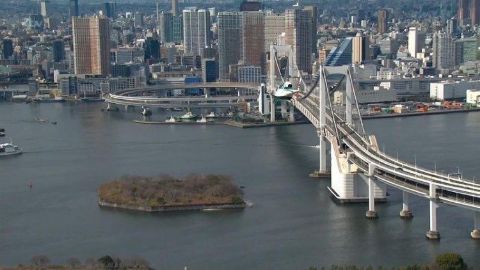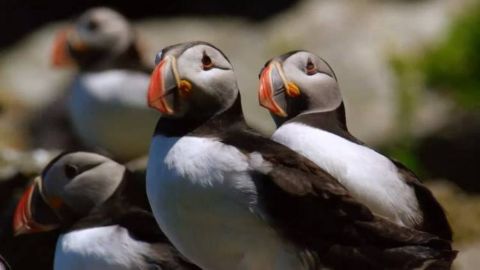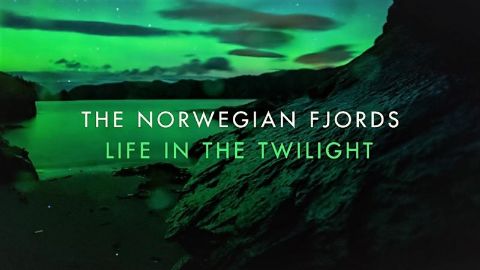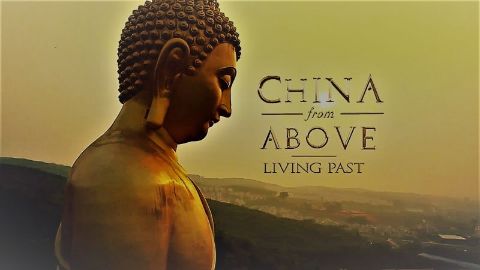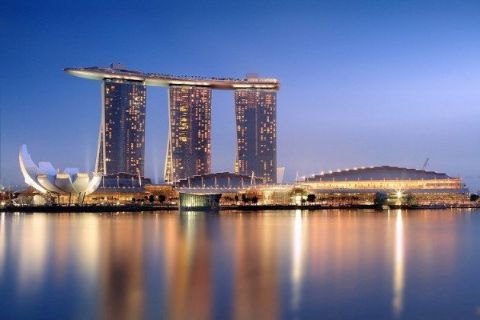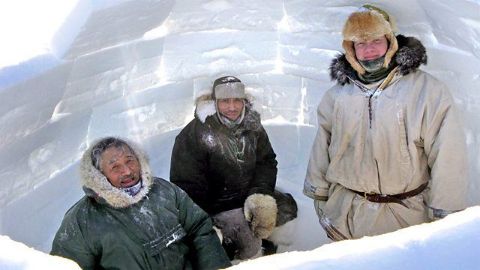Part 2 • 2016 • episode "Part 2" • Joanna Lumley's Japan
The actress flies over Tokyo in a helicopter. The city was bombed extensively during the Second World War, so almost all of it is a symbol of the post-war economic boom that saw Japan become the world's second largest economy. While in the capital, Joanna heads out to a nightclub to see a Japanese girl band and witnesses the largely male audience perform almost as much as the artists on stage. Later, Joanna travels to the Kiso Valley to walk the Nakasendo Way, an ancient route that once linked Tokyo to Kyoto, a place best known for that most famous of Japanese traditions, the Geisha.
Make a donation
Buy a brother a hot coffee? Or a cold beer?
Hope you're finding these documentaries fascinating and eye-opening. It's just me, working hard behind the scenes to bring you this enriching content.
Running and maintaining a website like this takes time and resources. That's why I'm reaching out to you. If you appreciate what I do and would like to support my efforts, would you consider "buying me a coffee"?
Donation addresses
BTC: bc1q8ldskxh4x9qnddhcrgcun8rtvddeldm2a07r2v
ETH: 0x5CCAAA1afc5c5D814129d99277dDb5A979672116
With your donation through , you can show your appreciation and help me keep this project going. Every contribution, no matter how small, makes a significant impact. It goes directly towards covering server costs.

